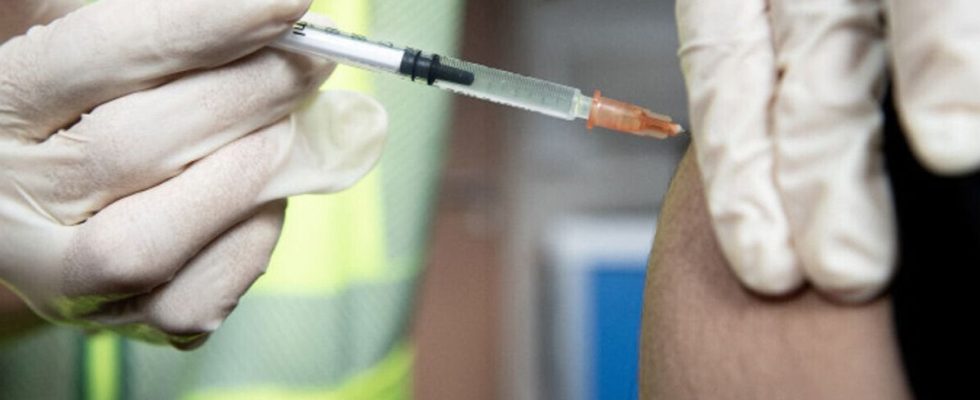Published on
Updated
Reading 2 mins.
Sleeping more than seven hours a night could help the body make a better immune response to vaccination, according to a new study. Based on several studies, the research team concluded that sleeping less than six hours a night led to a decrease in their antibodies.
Is it possible to improve the effectiveness of a vaccine by changing some of our behaviors or bad habits? This is the question posed by a team of researchers from the University of Chicago and the National Institute of Health and Medical Research (Inserm).
Sleep 7 to 9 hours a night for better efficiency?
Previous studies have shown that the immune response to a vaccination can depend on several factors, including gender, age, weight or smoking. Now, researchers are adding sleep to this non-exhaustive list.
People who slept less than six hours a night the day before vaccination produced fewer antibodies to respond to the vaccine. Conversely, people who get enough sleep (7 to 9 hours of sleep per night) have a better immune response and benefit more from the effectiveness of a vaccine. “Lack of sleep is a behavioral factor that can be corrected before vaccination, which can not only enhance, but also prolong the vaccine response”says lead author Eve Van Cauter, professor emeritus at the University of Chicago in the Press release.
The results, published in the journal Current Biology, relied on a meta-analysis of previous studies on the subject. The American and French researchers also compared the antibody responses according to the age and sex of the vaccinated people. They noted that the association between sleep deprivation and lowered immune response is strong in men while it is “not statistically significant” in women.
A difference due “probably to the large variations in sex hormone levels observed during a woman’s life, which depend in particular on the menstrual cycle, the use of hormonal contraception, menopausal status, and hormone replacement therapy during pregnancy. menopause”, explain the researchers and authors of the study Karine Spiegel and Eve Van Cauter in an article published by The Conversation.
Studies to better clarify the impact of sleep debt
The consequences of insufficient sleep on antibodies are all the more important in adults aged 18 to 60 than in people over 65. The study explains that older people tend to sleep less in general, which does not affect their routine.
“Many questions still need to be elucidated. Large-scale studies are particularly essential to define the time window during which optimization of sleep duration is most beneficial, before and after vaccination. It will also be necessary to determine the impact sex hormones in the relationship between sleep duration and antibody response to vaccination in women Finally, it will be necessary to estimate more precisely the extent of sleep debt likely to have a deleterious effect on the immune responseconclude the two researchers.
